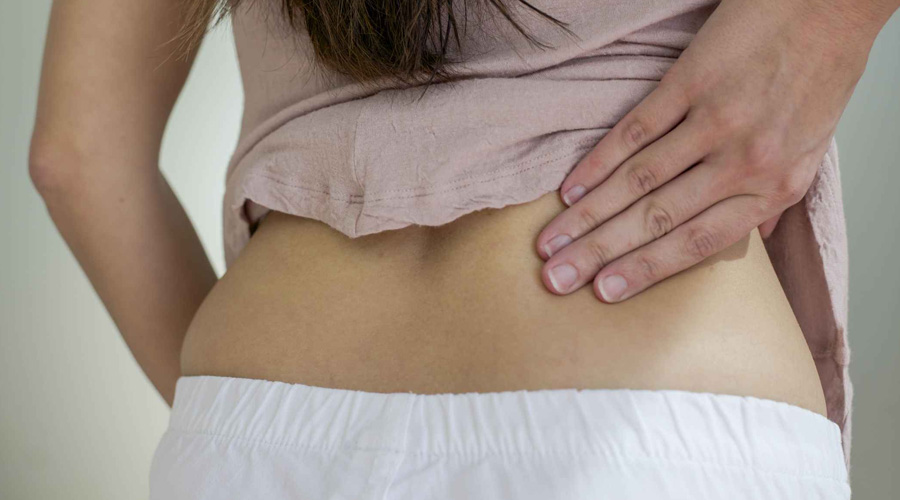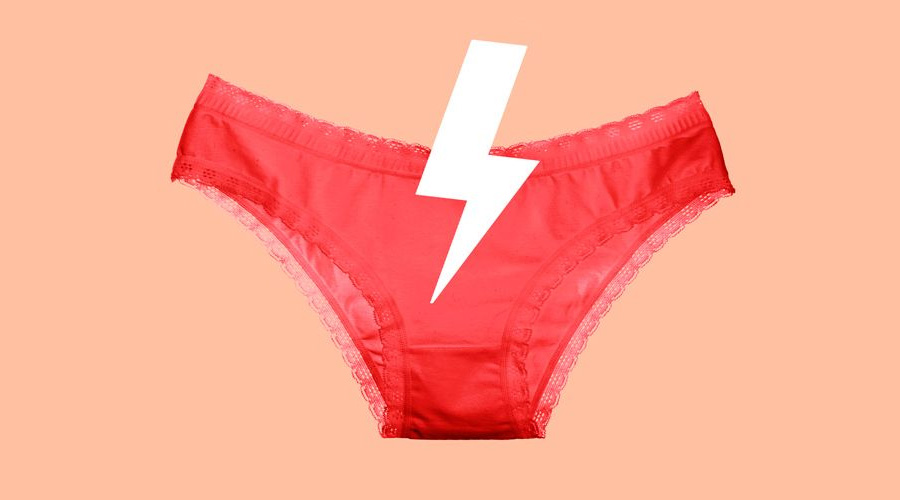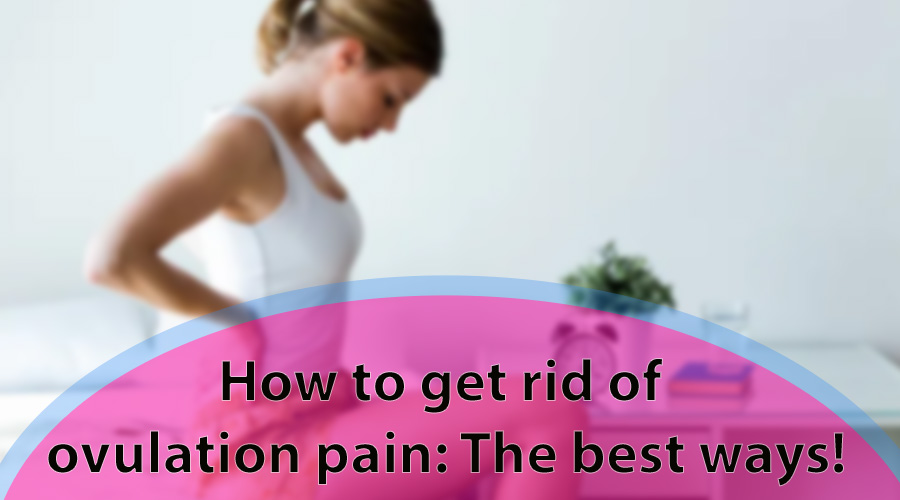Ovulation pain is a frustrating experience that can be difficult to manage. There are many ways to get rid of ovulation pain, but the best way depends on your specific situation. Here are some tips to help ease ovulation pain:
Table of Contents
What is ovulation pain?

Ovulation pain is also known as Mittelschmerz, which is a German word that means “middle pain.” Ovulation pain is felt in the lower abdomen and is caused by the release of the egg from the ovary. The pain can vary from mild to severe and may last for a few minutes or a few hours.
Some women experience ovulation pain every month, while others only experience it occasionally. If you are experiencing ovulation pain, be sure to contact your doctor to rule out any other possible causes.
How do I know if my pain is due to ovulation?

If you’re trying to get pregnant, you may be wondering how to tell when you’re ovulating. Many women experience pain or discomfort around the time of ovulation. Here are a few ways to tell if your pain is due to ovulation:
- Check your basal body temperature. Your basal body temperature will rise slightly after ovulation.
- Look for changes in your cervical mucus. After ovulation, your cervical mucus will become thinner and more slippery.

- Use an ovulation predictor kit (OPK). OPKs can help you determine when you’re most likely to ovulate.
- Track your symptoms. Some women experience pain or other symptoms around the time of ovulation.
If you’re experiencing pain or discomfort, it’s important to consult with your doctor to rule out any other causes.
What causes ovulation pain?

Ovulation pain, also known as mittelschmerz, is a common experience for many women. The pain is often described as cramping or a sharp stabbing sensation in the lower abdomen. The cause of ovulation pain is not entirely understood, but it is thought to be related to the release of the egg from the ovary.
Some women report that they experience more intense ovulation pain when they have polycystic ovarian syndrome (PCOS). Other possible causes of ovulation pain include endometriosis, pelvic inflammatory disease (PID), and uterine fibroids. If you are experiencing cialis skroutz τιμη severe or persistent ovulation pain, it is important to consult with your doctor to rule out any underlying medical conditions.
How is painful ovulation treated?

There are a few different ways that painful ovulation can be treated. One is by taking over-the-counter pain medication like ibuprofen or acetaminophen. Another is to take prescription medications like clomiphene citrate or gonadotropins.
If the pain is caused by an infection, antibiotics may be prescribed. If the cause of the pain is unknown, laparoscopic surgery may be performed in order to investigate and treat any possible problems.
Can painful ovulation be prevented?

There are a few things that you can do to help prevent painful ovulation. One is to make sure that you are getting enough exercise. Exercise helps to keep your body healthy and in shape, which can help to reduce the likelihood of experiencing pain during ovulation. Additionally, you should try to eat a healthy diet.
A balanced diet is important for overall health and can also help to reduce the chances of having pain during ovulation. Finally, it is important to stay hydrated. Staying hydrated helps keep your body functioning properly and can also help reduce the likelihood of pain during ovulation.
Inference
There are several ways to get rid of ovulation pain. You can try over-the-counter medications, such as ibuprofen or naproxen. If those don’t work, you can ask your doctor about prescription medications.
You can also try natural remedies, such as herbs or heat therapy. Whatever method you choose, make sure to speak with your doctor to make sure it is safe for you.
FAQ
What causes painful ovulation?
Painful ovulation is a common problem that can be caused by a variety of factors. Ovulation pain can be the result of a cyst on the ovary, pelvic inflammatory disease, endometriosis, or simply an ovarian cyst.
Other possible causes of ovulation pain include polycystic ovarian syndrome, uterine fibroids, and cancer. If you are experiencing pain during ovulation, it is important to see your doctor in order to determine the cause and receive appropriate treatment.
Is it normal for ovulation to hurt?
Around half of all women experience ovulation pain, which is also known as Mittelschmerz (German for “middle pain”). The pain is usually felt in the lower abdomen and may last from a few minutes to a few hours. Some women feel nothing at all. Ovulation pain is caused by the egg breaking through the follicle wall.
How long does the pain of ovulation last?
When you are trying to conceive, you may have questions about ovulation. One question that may come up is how long the pain of ovulation lasts. The answer to this question varies from woman to woman.
Some women experience little or no pain, while others may experience moderate to severe pain. The pain can last for a few hours or a few days. If you are experiencing severe pain, it is important to talk to your doctor. He or she can help you determine if there is anything wrong and provide you with relief if necessary.
Is it normal to have painful ovulation?
For many women, ovulation is a time of discomfort. The pain may be sharp and sudden or dull and aching. It may last for a few minutes or persist for hours. This discomfort is known as dysmenorrhea. Dysmenorrhea can be caused by several things, including ovulation.
Ovulation pain is caused by the release of the egg from the ovary. As the egg is released, it stretches the ovarian tissue around it. This stretching can cause pain. Ovulation pain is most common in young women who have not yet reached menopause. It can also occur in women who are going through menopause.
There are some things that you can do to reduce or prevent ovulation pain. You can take over-the-counter medications like ibuprofen or acetaminophen to help relieve the pain.
What does ovulation pain indicate?
Ovulation pain is one of the most common symptoms of ovulation. For most women, ovulation pain is mild and only lasts for a short time. However, for some women, ovulation pain can be quite severe. What does ovulation pain indicate?
Ovulation pain is caused by the release of the egg from the ovary. When the egg is released, it can cause a bit of inflammation in the area. This inflammation can cause pain and discomfort. Ovulation pain can also be caused by the stretching of the ovarian ligaments as the egg is released.
Most women experience some degree of ovulation pain, but for some women it can be quite severe. If you are experiencing severe ovulation pain, you should speak to your doctor. Severe ovulation pain may indicate a problem such as an ovarian cyst or an ectopic pregnancy.
